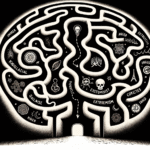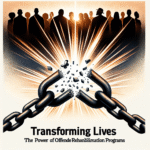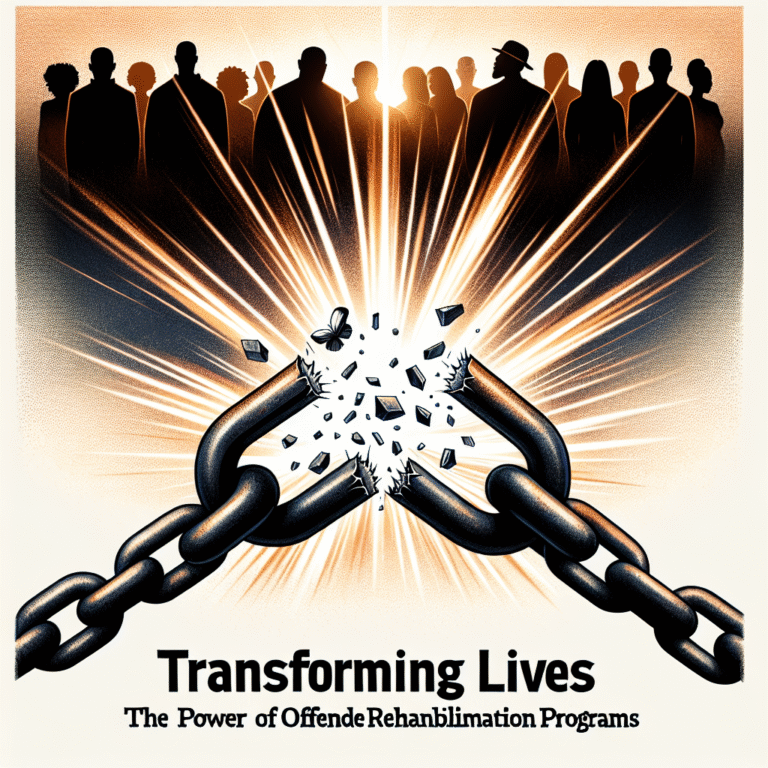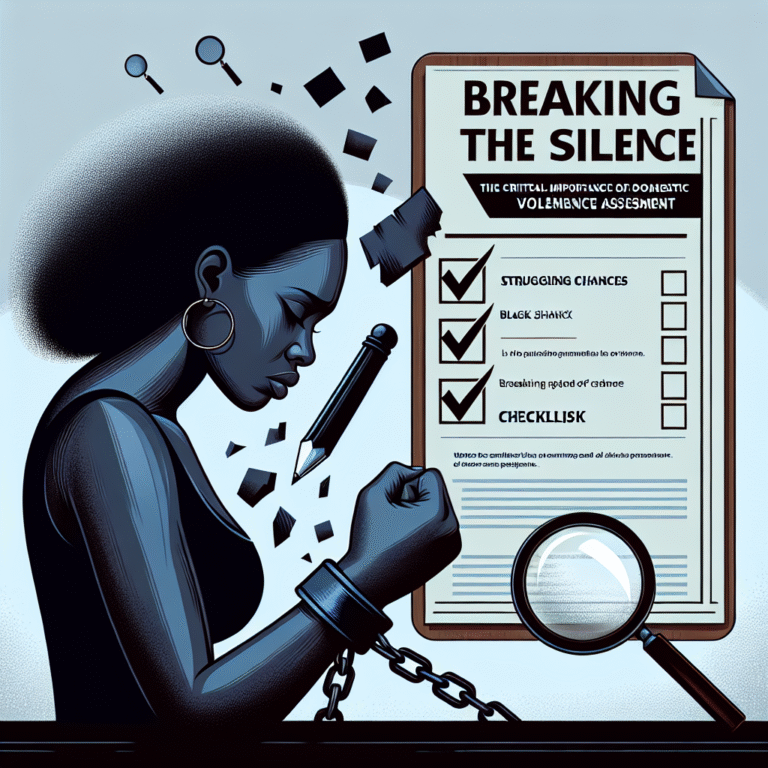
Introduction
The aching void left behind after the loss of a loved one can feel insurmountable. Many grapple with deep questions about why these events occur and how to move forward. However, amidst this suffering, some find a pathway to healing through a profound process known as psychological autopsies. This approach not only sheds light on the deceased’s state of mind but also serves as a beacon of hope for survivors. In this article, we delve into From Grief to Insight: The Impact of Psychological Autopsies on Survivors’ Healing, exploring how the endeavor of examining lives lost can foster understanding, closure, and ultimately, healing for those left behind.
Understanding Psychological Autopsies
What Is a Psychological Autopsy?
A psychological autopsy is an investigative method primarily used to determine an individual’s mental state prior to their death. It combines interviews with family, friends, and healthcare providers, alongside an analysis of relevant records and data. This multifaceted approach helps reconstruct the life events and psychological stresses that may have led to the death, especially in cases of suicide or unexplained fatalities.
Importance of Psychological Autopsies
While often utilized in forensic contexts, psychological autopsies have profound implications for the emotional recovery of survivors. They help fill gaps in understanding and provide closure, allowing loved ones to confront and process their grief.
From Grief to Insight: A Journey
The transition from grief to insight through psychological autopsies embodies a healing experience for survivors. It encourages them to reflect on the relationship they had with the deceased and fosters a deeper understanding of the complexities of mental health.
Case Studies Illustrating the Impact
Case Study 1: The Tragic Loss of a Young Adult
In a poignant case study of a young adult who died by suicide, psychological autopsy revealed a history of untreated depression exacerbated by external pressures. Interviews with family members uncovered vital information regarding the individual’s struggles that they were unaware of during his life.
Analysis
For the family, this psychological autopsy was revelatory. They learned about the severity of the challenges their loved one faced. As they processed their grief, it shifted from a sense of guilt and confusion to a more informed understanding of mental health challenges, paving the way for healing and advocacy in the community.
Case Study 2: The Unexpected Passing of a Parent
In another instance, a mother died unexpectedly from a heart attack. A psychological autopsy was performed not to determine the cause of death but to understand the emotional aftermath for her children. Through interviews, the children learned about their mother’s battles with anxiety and the sacrifices she made for their wellbeing.
Analysis
The children gained insights into their mother’s experience, elevating their understanding of her struggles. Through this revelation, they could honor her legacy by prioritizing mental health, thereby fostering their healing journey together as a family.
The Process of Conducting a Psychological Autopsy
Steps Involved
Data Collection: Gathering information from various sources including medical records, interviews, and personal diaries.
Family Interviews: Engaging family members to understand the subject’s life events, relationships, and mental health trajectory.
Analysis: Synthesizing the information gathered to form a cohesive understanding of the individual’s psychological landscape prior to death.
- Report Generation: Producing a comprehensive report that outlines the findings and insights, highlightings relevant mental health issues.
Role of Mental Health Professionals
Mental health professionals play a crucial role by guiding families through this intricate process. They ensure that the survivors are supported emotionally while exploring often painful memories and truths.
Tables and Charts: Clarifying Key Points
Table 1: Common Reactions to Psychological Autopsy Findings
| Reaction | Description |
|---|---|
| Relief | Families often feel a sense of relief in understanding the deceased’s mental health struggles. |
| Guilt | Some may experience guilt for not recognizing the signs earlier. |
| Empowerment | Increased knowledge can empower families to advocate for mental health awareness. |
| Closure | Finding clarity can lead to emotional closure amidst loss. |
Chart: Emotional Journey of Survivors Post-Psychological Autopsy
- X-Axis: Time (Months)
Y-Axis: Emotional Well-being (Scale of 1-10)
- Initial phase: Grief (1-3 months)
- Learning phase: Insight (4-6 months)
- Acceptance phase: Healing (7+ months)
The Shift from Grief to Insight
Emotional Resilience
Engaging in a psychological autopsy encourages survivors to build emotional resilience. By facing the reality of loss and understanding the factors contributing to it, individuals can learn to cope more effectively and engage with their feelings in a constructive manner.
Destigmatizing Mental Health
Through understanding the unknown struggles faced by the deceased, survivors can become advocates for mental health. They can help destigmatize these conversations, and create a supportive environment that encourages openness within communities.
Creating Meaningful Change
As survivors integrate their insights from the psychological autopsy process, many commit to meaningful change, either personally or via community initiatives. This proactive engagement ensures a legacy for the deceased that promotes awareness and mental health advocacy.
Conclusion
Navigating the waters of grief is arduous, but understanding the intricacies of a loved one’s mental health through a psychological autopsy can illuminate the path forward. From Grief to Insight: The Impact of Psychological Autopsies on Survivors’ Healing is not merely a process of closure; it involves profound engagement with our emotional and mental frameworks. By turning pain into potential, survivors can foster healing and help create a supportive community for those grappling with similar losses.
Actionable Takeaway
If you find yourself in a position of grief, consider exploring the option of psychological autopsy as a means to gain insight into your loved one’s struggles. Not only could this facilitate your healing, but it may also empower you to advocate for mental health awareness and support.
FAQs
1. What is the primary purpose of a psychological autopsy?
The main goal of a psychological autopsy is to understand an individual’s mental state prior to their death by collecting and analyzing information from various sources.
2. How can a psychological autopsy assist survivors?
It helps survivors gain insights into the deceased’s mental health, potentially paving the way for healing by providing closure, understanding, and avenues for advocacy.
3. Are psychological autopsies only used in cases of suicide?
While often used in suicide cases, psychological autopsies can be beneficial in any unexpected death where understanding the individual’s mental health is valuable for survivors.
4. Who conducts psychological autopsies?
Mental health professionals such as psychologists or psychiatrists typically conduct psychological autopsies, often involving family and friends in the process.
5. Can the findings from a psychological autopsy influence mental health policies?
Yes! Insights gathered can inform mental health policies and advocacy efforts, promoting a greater understanding of the complexities of mental health challenges.
By navigating this essential topic, we can advocate for healing and understanding amidst the complex nature of loss. Through psychological autopsies, survivors can embark on a transformative journey — from grief to insight.

















